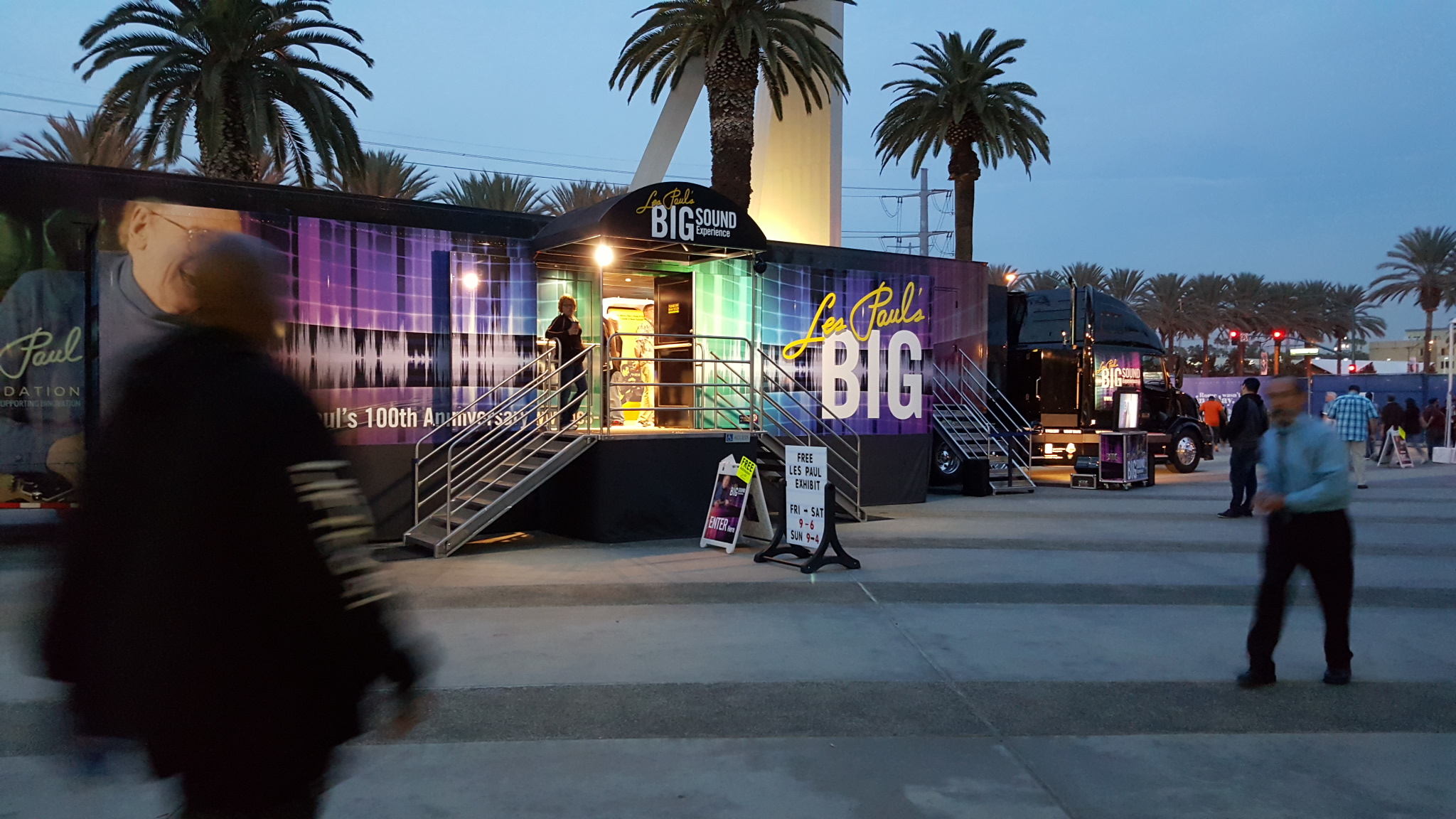
Traditional Marketing vs. Experiential Marketing
Be honest, what would you remember more: a brand’s print ad in a magazine or a large trailer in the middle of the street that you could walk through, with interactive brand demonstrations. While traditional marketing such as print/digital ads, TV and radio still exists, it’s becoming glaringly obvious they can’t survive on their own. Relying solely on traditional marketing methods really isn’t doing your brand any favors. In order to stay up to date and compete with your competitors, you will want to learn more about experiential marketing and what it can do for your brand.
As the name suggests, experiential marketing focuses on creating a lasting experience for the client. From hands on displays to interactive product demonstrations, experiential marketing draws clients to the product and gives them a reason to remember your brand. Experiential marketing has numerous advantages over traditional marketing, but here are a few examples of how experiential marketing tops traditional marketing.
Memorable, Personal, and Most Importantly Interesting
Traditional marketing methods are usually forgotten shortly after a client views them. They flip or scroll right by your print and digital ads, never thinking twice about your products again. Experiential marketing couldn’t be more the opposite. By creating an engaging and interactive experience, you leave a long lasting impression. Clients gain personal, one-on-one engagement with your brand, which creates memorable and powerful connections.
Product Advocates
The above benefit leads to experiential marketing’s second advantage over traditional marketing. By delivering interactive experiences to your partners, your company will build long term relationships. The one-on-one engagement allows you to create personal connections and memorable experiences that lead to powerful product advocacy.
An Engaged Audience
While traditional marketing often has vast reach in terms of impressions, is this audience engaged? Experiential marketing allows you to directly interact with your clients through real connections, reactions, and information from a more engaged and interested audience.
If you want your product to be more memorable, incorporate experiential marketing into your traditional marketing strategy.












